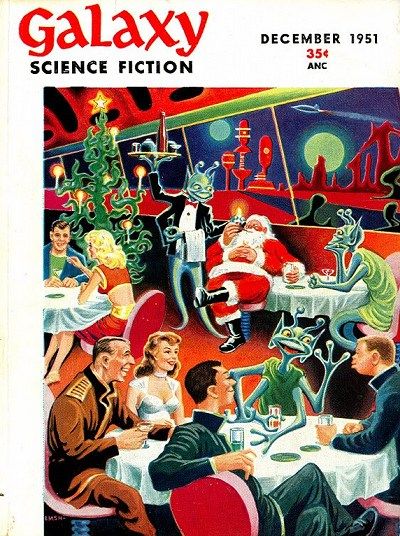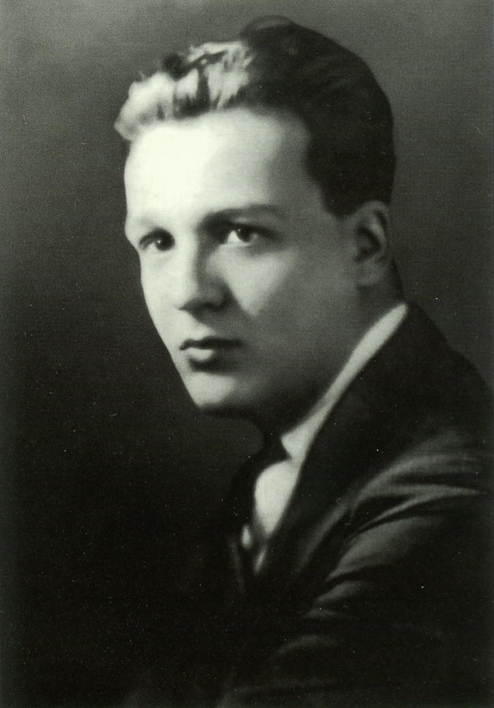Sunday, March 7, 2010
Review: "The Pi Man" by Alfred Bester
This nineteen-page short story is a "day-in-the-life" piece on an extraordinary individual, seemingly insane (at first), but actually rationally complex. It was first published in 1959, and written by a literary practitioner of rare output (in both senses of that adjective). Alfred Bester is the equivalent of the Japanese swordsmith when it comes to his middle-period short stories and novels: they are refined like the thousand-folded steel of a samurai sword that splits the spine of drifting feathers. This particular short story is no exception. What we encounter in the protagonist, Peter Marko, a dealer in currency exchange sales, is at once an obsessive-compulsive personality matched to a brain of genius. The tragedy for him is that he is far more than this. He is a super-sensitive: he can pick up patterns that no one else can perceive, cosmic wave patterns, demographic patterns, cultural patterns, mathematical patterns, absolutely everywhere he goes. Marko calls himself a "compensator", someone who must perform adjustments to restore balance wherever he is present. The problem is, the adjustments he must make sometimes compel him to go against his own moral make-up, which is why long ago he had chosen not to fall in love or form friendships. His genius enables him to create a self-soothing device that unfortunately draws the unwanted attention and suspicion of political entities and secret societies. This is because the device disrupts random and irregular wave patterns from the atmosphere and outer space, so that he can have a measure of peace at least within his own apartment. In this breathlessly paced short story in which we encounter many examples of word architecture that embody the complexity of Marko's thought patterns, the protagonist is compelled to fall in love despite his ethical ban on drawing good people into a world-view where love is particularly vulnerable in the face of more transcendent influences of an astrophysical nature. He also stymies the FBI, who fail to classify him as a spy or a nut. He leaves them with the enigma of the burdensome gift that defines his life: he is a "pi man": his awareness of reality is on the level of the mathematical figure of pi: the relation of the circumference of a circle to its diameter. In short, a cosmic truth impels him to act outside the normal behavior of less sensitive human beings, but his behavior can never obtain tranquility because that self-defining truth forms an insolvable paradox: the mathematical figure of pi, though it forms a stable proportion, goes into infinity. Beware that in reading Bester, we encounter a writer whose stories will pursue the revelation of a certain meaning of human existence with ruthless creativity alongside a jarring imagination and stinging humor. One can acquire this story in this most recent collection of his short fiction: Virtual Unrealities: The Short Fiction of Alfred Bester. Edited by Robert Silverberg, et al. Published by Vintage Books. Copyright 1997.
Subscribe to:
Post Comments (Atom)



























No comments:
Post a Comment